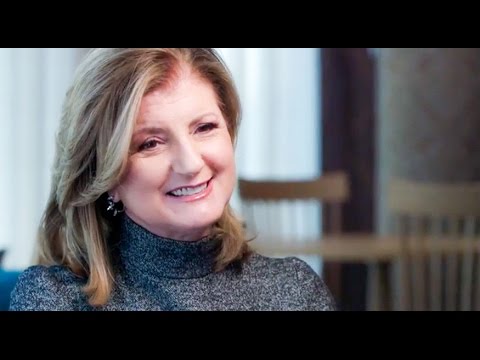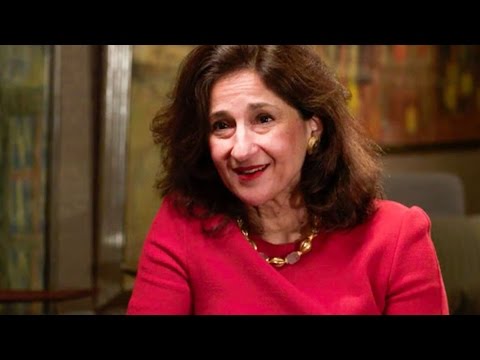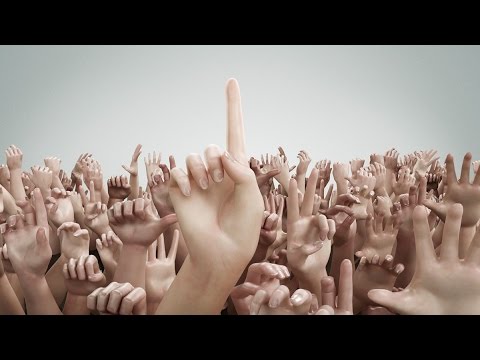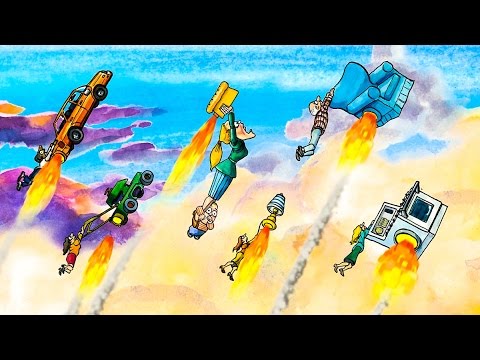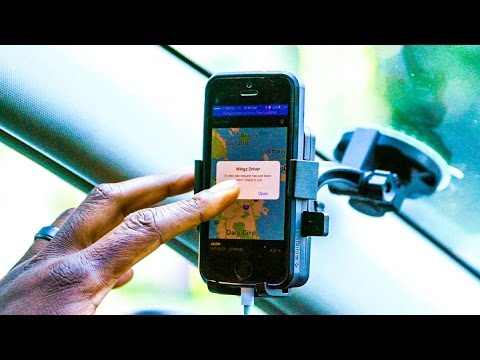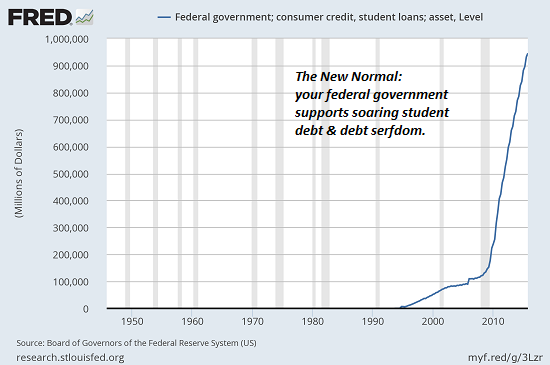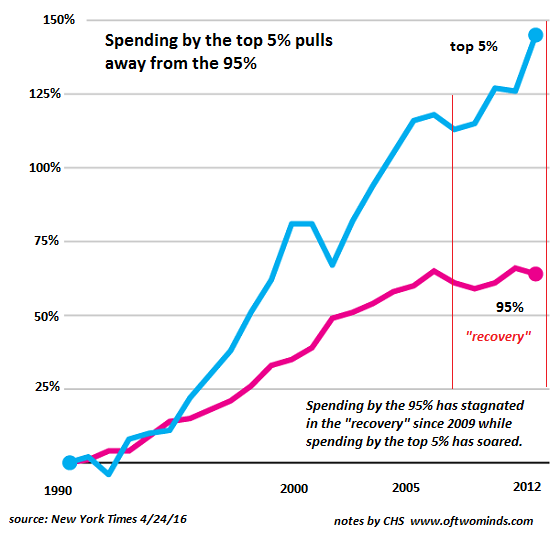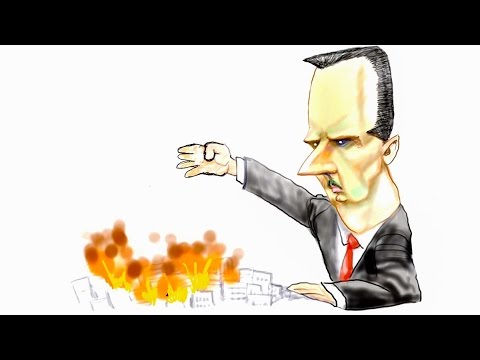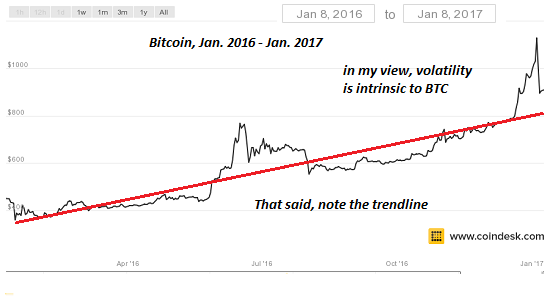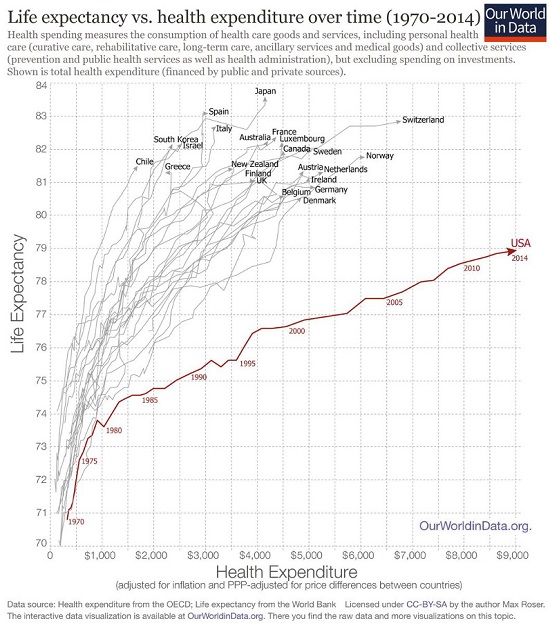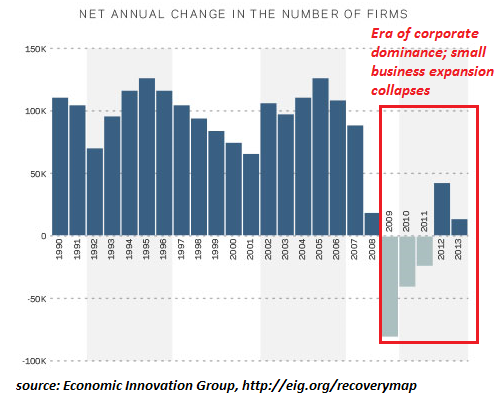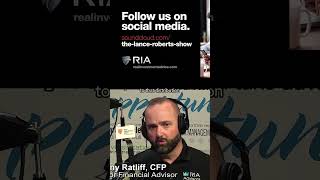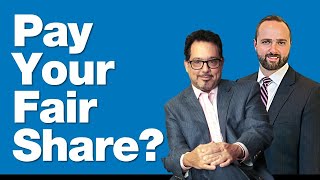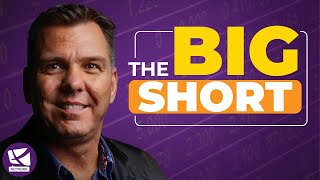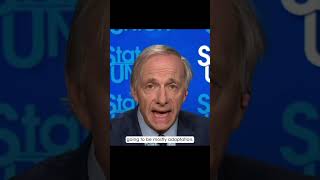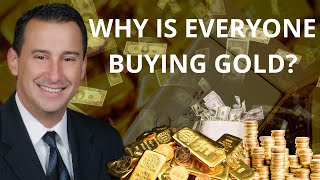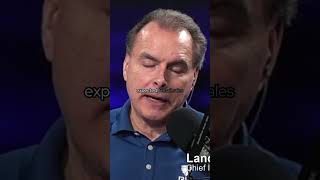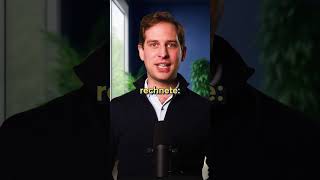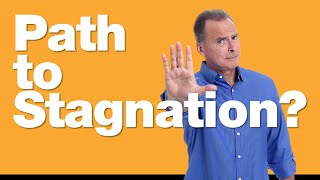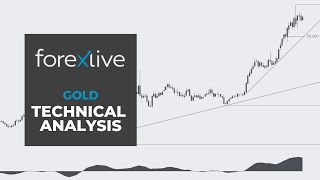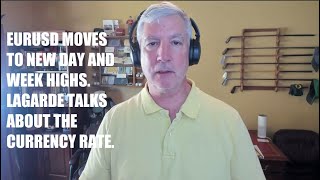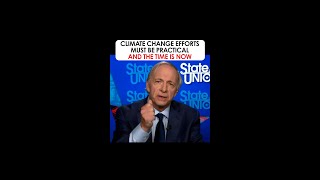Category Archive: 5) Global Macro

The Agenda: Arianna Huffington on the media | The Economist
Arianna Huffington, founder of The Huffington Post, shares her views on the role of journalism in a political world transformed by populism. Click here to subscribe to The Economist on YouTube: http://econ.trib.al/rWl91R7 In recent years the media has transformed politics. What role is there for journalism in this changing environment? Arianna Huffington founded The Huffington …
Read More »
Read More »
Hong Kong: pro-independence v pro-China | The Economist
Hong Kong society is divided between those who want independence from the mainland and those who want to remain close to it. Holden Chow, of Hong Kong’s pro-China DAB Party, and Edward Leung, an independence activist, discuss their opposing visions for the territory’s future. Click here to subscribe to The Economist on YouTube: http://econ.trib.al/rWl91R7 Hong …
Read More »
Read More »
The Agenda: Minouche Shafik discusses education and inequality | The Economist
Minouche Shafik, deputy governor of the Bank of England and the next director of the London School of Economics, discusses the role of education in a world coloured by populism. Click here to subscribe to The Economist on YouTube: http://econ.trib.al/rWl91R7 At a time of political upheaval, many believe that jobs are under threat. In a …
Read More »
Read More »
Populism is reshaping our world | The Economist
From the streets of Turin to Silicon Valley, people power is taking the world by storm. With frustrations rising and the old order apparently crumbling, who really has the answers? Click here to subscribe to The Economist on YouTube: http://econ.trib.al/rWl91R7 December 2016 Italy’s populist opposition is shaking up the establishment. They’re days away from a …
Read More »
Read More »
The dangers of hyperinflation by our cartoonist KAL | The Economist
In Yugoslavia in 1993 prices rose 20% a day. In Zimbabwe in 2008, inflation reached 231,000,000%. Our cartoonist KAL looks at how hyperinflation can lead to the collapse of a country’s economy. Click here to subscribe to The Economist on YouTube: http://econ.trib.al/rWl91R7 When the prices of goods and services rise rapidly, families and businesses suffer. …
Read More »
Read More »
Will Our Grandchildren Wonder Why We Didn’t Build a Renewable Power Grid When It Was Still Affordable?
Anyone seeking clarity on the energy picture a decade or two out is to be forgiven for finding a thoroughly confusing divide. On the one hand, we have reassuring projections from the U.S. Energy Information Administration (EIA) that assume current production of fossil fuels will remain steady for decades to come.
Read More »
Read More »
How will ride-sharing shape the future of transport? | The Economist
Ride-sharing could transform the concept of car ownership and even the very fabric of our cities. We take a behind-the-scenes look at how Uber and Lyft are helping to shape a global transport revolution. Click here to subscribe to The Economist on YouTube: http://econ.trib.al/rWl91R7 The meteoric rise of ride-hailing apps is part of a global …
Read More »
Read More »
Emerging Markets: Week Ahead Preview
EM FX ended the week mixed. Markets continue to grapple with the outlook for the so-called Trump Trade, which we believe is intact. MXN and TRY recovered from the relentless selling of recent days, but both remain vulnerable. Indeed, if the jump in US yields on Friday continues this week, most of EM should remain under pressure.
Read More »
Read More »
Dear Self-Proclaimed “Progressives”: as Apologists for the Neocon-Neoliberal Empire, You Are as Evil as the Empire You’ve Enabled
Dear Self-Proclaimed "Progressive": I love you, man, but it has become necessary to intervene in your self-destruction. Your ideological blinders and apologies for the Establishment's Neocon-Neoliberal Empire are not just destroying your credibility, they're destroying the nation and everywhere the Empire intervenes.
Read More »
Read More »
Emerging Markets: What has Changed
China’s government has asked banks to balance their yuan inflows and outflows. Indonesia partially lifted a ban on exports of nickel ore and bauxite. Czech President Zeman picked two new central bankers as the end of the koruna cap looms. Turkish central bank is taking limited measures to support the lira. Turkey’s parliament voted 338-134 to discuss proposed constitutional changes that would increase the power of the presidency.
Read More »
Read More »
What’s Truly Progressive?
What's progressive? Pushing power, agency, skills, capital and solutions down to the individual, household, community, enterprise, town and city levels and focusing on doing more with much less.
Read More »
Read More »
Behind the cover: lifelong learning | The Economist
Innovation in robotics and artificial intelligence means that workers now need to acquire new skills in order to compete during their careers. Our deputy editor Edward Carr discusses our cover story this week on why governments need to support lifelong learning and why, ultimately, this is good for society. Click here to subscribe to The …
Read More »
Read More »
The Eight Forces That Are Pressuring Profits
If there is any economic assumption that goes unquestioned, it's the notion that profits will remain robust for the foreseeable future. This assumption ignores the tidal forces that are now flowing against profits. Any discussion of corporate profits must start by noting the astonishing rise in U.S. corporate profits since the heyday of the late 1990s dot-com boom. From $800 billion to $2.4 trillion in a few years is not just extraordinary--it's...
Read More »
Read More »
Kal draws… Assad’s bombshell announcement
Syria’s president Bashar al-Assad claimed this week that the bombing of Aleppo was justified. Our cartoonist Kal interprets the dictator’s brazen rhetoric Click here to subscribe to The Economist on YouTube: http://econ.trib.al/rWl91R7 Daily Watch: mind-stretching short films every day of the working week. For more from Economist Films visit: http://films.economist.com/ Check out The Economist’s full …
Read More »
Read More »
“I, Daniel Blake” is very real | The Economist
“I, Daniel Blake”, a BAFTA-nominated film by the veteran director Ken Loach, tells the fictional story of an unemployed man facing his benefits being cut. For Stuart, a real-life version of Blake, the process is all too real. Click here to subscribe to The Economist on YouTube: http://econ.trib.al/rWl91R7 For over 50 years, Ken Loach’s films …
Read More »
Read More »
Why Don’t the U.S. Dollar and Bitcoin Drop to Their Tangible Value, i.e. Zero?
I have covered the many reasons why the U.S. dollar (USD) has strengthened in dozens of posts over the past 5 years, (Could the U.S. Dollar Rise 50%?, January 12, 2011), and I described the positive dynamics of bitcoin last summer in An Everyman's Guide to Understanding Cryptocurrencies (June 13, 2016), back when bitcoin was under $600.
Read More »
Read More »
Why Profits Are Faltering
Profits are faltering for structural reasons that are not easily resolved. The bedrock assumption of the Bull market is that corporate profits will keep rising indefinitely. Hiccups are allowed, but current stock market valuations are implicitly based on profits expanding.
Read More »
Read More »
We Can Only Afford One, So Choose Wisely: Social Security/Medicare, Cartel Cronyism or Inflation (a.k.a. Central Banking)
Here's the problem with central banks seeking higher inflation: costs go up but wages don't. It's easy to quantify the annual cost of Social Security/Medicare, and not so easy to calculate the cost of Cartel Cronyism and Central Bank-created inflation.Cartel cronyism is a hidden tax on the entire economy, as is Central Bank-created inflation.
Read More »
Read More »
Prosperity = Abundant Work + Low Cost of Living
If we seek a coherent context for the new year, we would do well to start with the foundations of widespread prosperity. While the economy is a vast, complex machine, the sources of widespread prosperity are not that complicated: abundant work and a low cost of living.
Read More »
Read More »
Fragmentation and the De-Optimization of Centralization
Many observers decry the loss of national coherence and purpose, and the increasing fragmentation of the populace into "tribes" with their own loyalties, value systems and priorities. These observers look back on the national unity of World War II as the ideal social standard: everyone pitching in, with shared purpose and sacrifice. (Never mind the war killed tens of millions of people, including over 400,000 Americans.)
Read More »
Read More »









